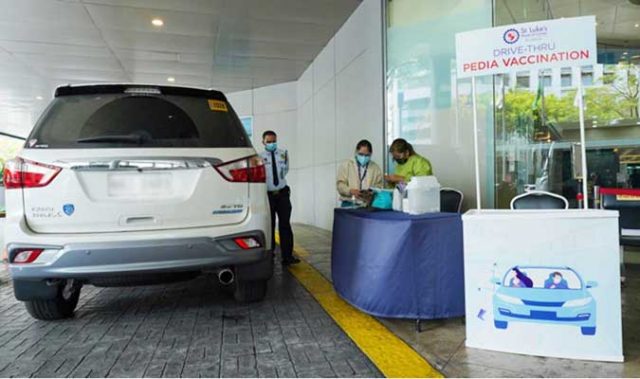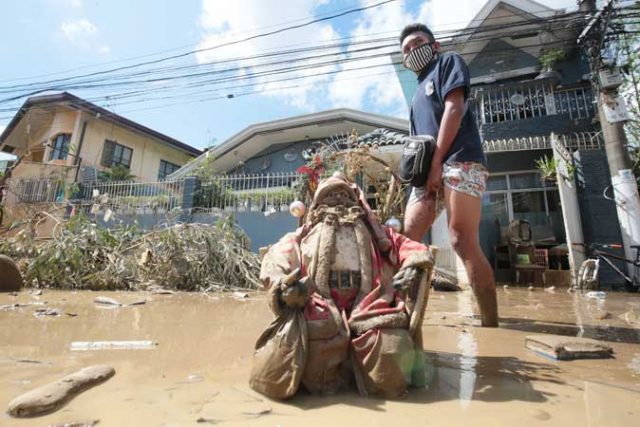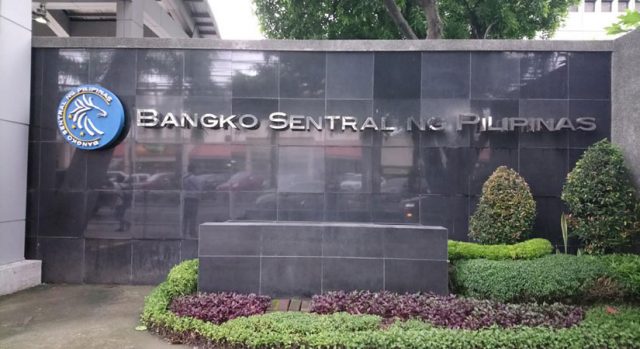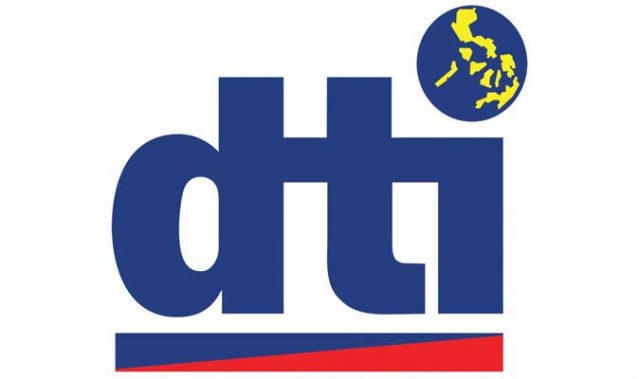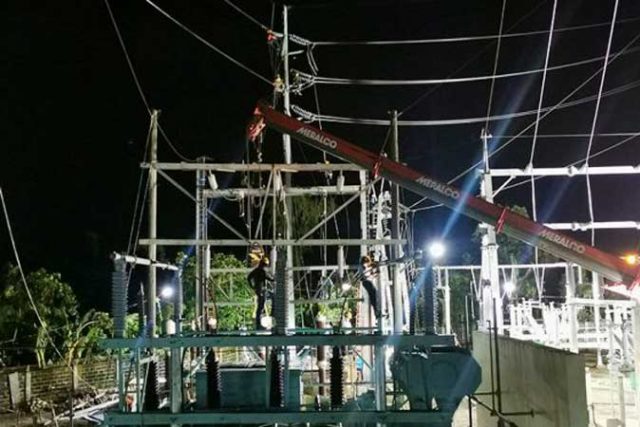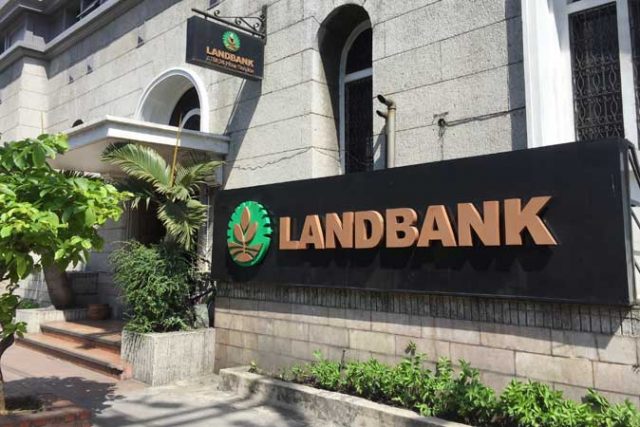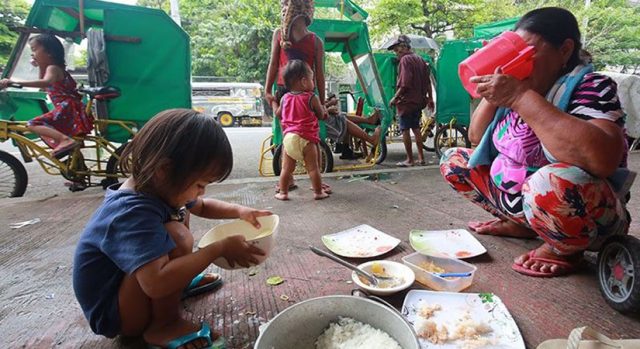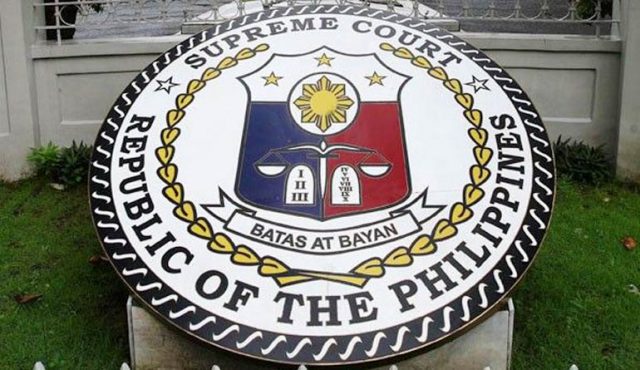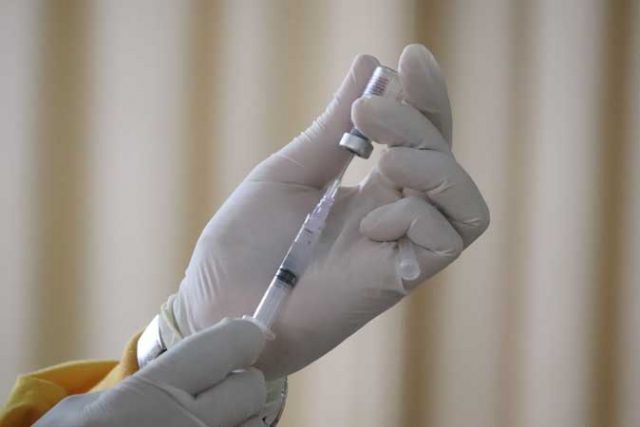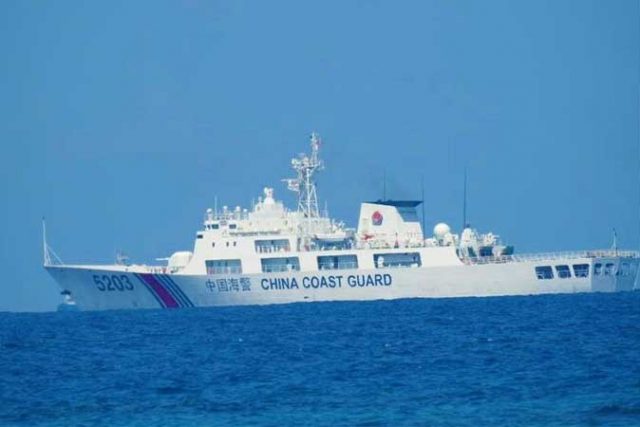By Kyle Aristophere T. Atienza, Reporter
THE PALACE has rejected the recommendation by the International Criminal Court’s (ICC) chief prosecutor to formally open a probe into the alleged crimes against humanity committed in Philippine President Rodrigo R. Duterte’s war against drugs, saying the development is “legally erroneous and politically motivated.”
The move is legally flawed “because the ICC has no jurisdiction over the subject matter of crimes against humanity,” Presidential Spokesperson Herminio L. Roque, Jr. told a televised news
ICC Chief Prosecutor Fatou Bensouda recently asked the Hague-based tribunal’s pre-trial chamber to allow her office to probe the killings relating to the Philippines’ anti-drug campaign.
“I announce that the preliminary examination into the situation in the Republic of the Philippines has concluded and that I have requested judicial authorization to proceed with an investigation,” Ms. Bensouda said in a statement on June 14.
Ms. Bensouda said her office has already been “taking a number of measures to collect and preserve evidence” in anticipation of a possible probe.
Mr. Roque said the President and his government would not cooperate with the ICC on any potential investigation.
He said ICC’s latest move is “barred by the principle of complementarity” and is “not pursuant or in aid of substantial justice.”
The Philippines is no longer a member of the ICC, Mr. Roque said, adding that the international tribunal would not be able to build a case without Manila’s cooperation.
The Philippine Supreme Court in March junked petitions challenging Mr. Duterte’s unilateral decision to withdraw from the ICC, which took effect in 2019 or exactly a year after Manila announced leaving the only permanent war crimes tribunal.
A withdrawal from the ICC shall “take effect one year after the date of receipt of the notification,” according to court rules.
Ms. Bensouda, however, said, “Although the withdrawal of the Philippines from the Rome Statute of the ICC took effect on 17 March 2019, as the Court has previously found in the context of the Burundi situation, the Court retains jurisdiction over crimes that are alleged to have occurred on the territory of that State during the period when it was a State Party to the Rome Statute.”
“Moreover, these crimes are not subject to any statute of limitation,” she said.
Mr. Roque earlier said ICC should only “exercise jurisdiction” if local courts are unwilling or unable to hold people accountable for international crimes.
LAST RESORT
The Department of Foreign Affairs (DFA), in a separate statement, said the ICC is intended as “a court of last resort.”
DFA cited that State Parties to the Rome Statute, which formed the ICC, “envisioned a court with a complementary, not primary, jurisdiction for the prosecution” of the persons responsible for most serious crimes of international concern.
The Statute also requires the Court and the Office of the Prosecutor to respect and defer to the primary criminal jurisdiction of the State party, “while proceedings are ongoing in the latter,” DFA said.
The Philippine Department of Justice has formed a special panel to review cases relating to alleged extra-judicial killings committed during illegal drug operations.
DFA said the government has taken “concrete and progressive steps” to address concerns on the anti-illegal drugs campaign and finalized with the United Nations a Joint Program on Human Rights.
“All these affirms the Philippines’ adherence to human rights norms and its long track record of constructive engagement with international and regional partners in human rights promotion and protection,” it said.
Justice Secretary Menardo I. Guevarra, for his part, said the development at the ICC “has absolutely no effect” on his department’s “ongoing work of the review panel on drug deaths, as well as on the Philippines-(United Nations) joint program on technical cooperation on human rights.”
National Union of Peoples’ Lawyers (NUPL) President Edre U. Olalia, meanwhile, said the potential investigation before the international court “should be a wakeup call to rouse those who are fast asleep while thousands they have silenced are still in mourning.”
On Monday, hours before the ICC statement was posted, a human rights group assisted by the NUPL submitted a supplemental pleading to the ICC asking for an investigation on the alleged human rights violations in the Philippines and to issue a warrant of arrest for Mr. Duterte while the probe is ongoing.
Mr. Duterte, on the other hand, renewed his threat against those involved in the illegal drug trade.
“Do not destroy my country, I will kill you,” he said in a televised public address on Monday night. “Do not destroy the youth of the land.”
At least 122 children were killed in the government’s deadly drug war between July 2016 and Dec. 2019, according to the World Organization Against Torture.
Government data showed that authorities have killed 6,117 people supposedly involved in the illegal drug trade since Mr. Duterte assumed the presidency in 2016.
Tens of thousands of drug suspects may have been killed in police anti-drug operations, according to the United Nations.
Ms. Bensouda said “any authorized investigation” into the Philippine drug war will fall to her successor, Karim Khan, as her term is set to end this month.
DFA said the move of the prosecutor before she ends her term “preempts the prerogative of her successor” to conduct a full evaluation of cases. — with reports from Vann Marlo M. Villegas and Bianca Angelica D. Añago

